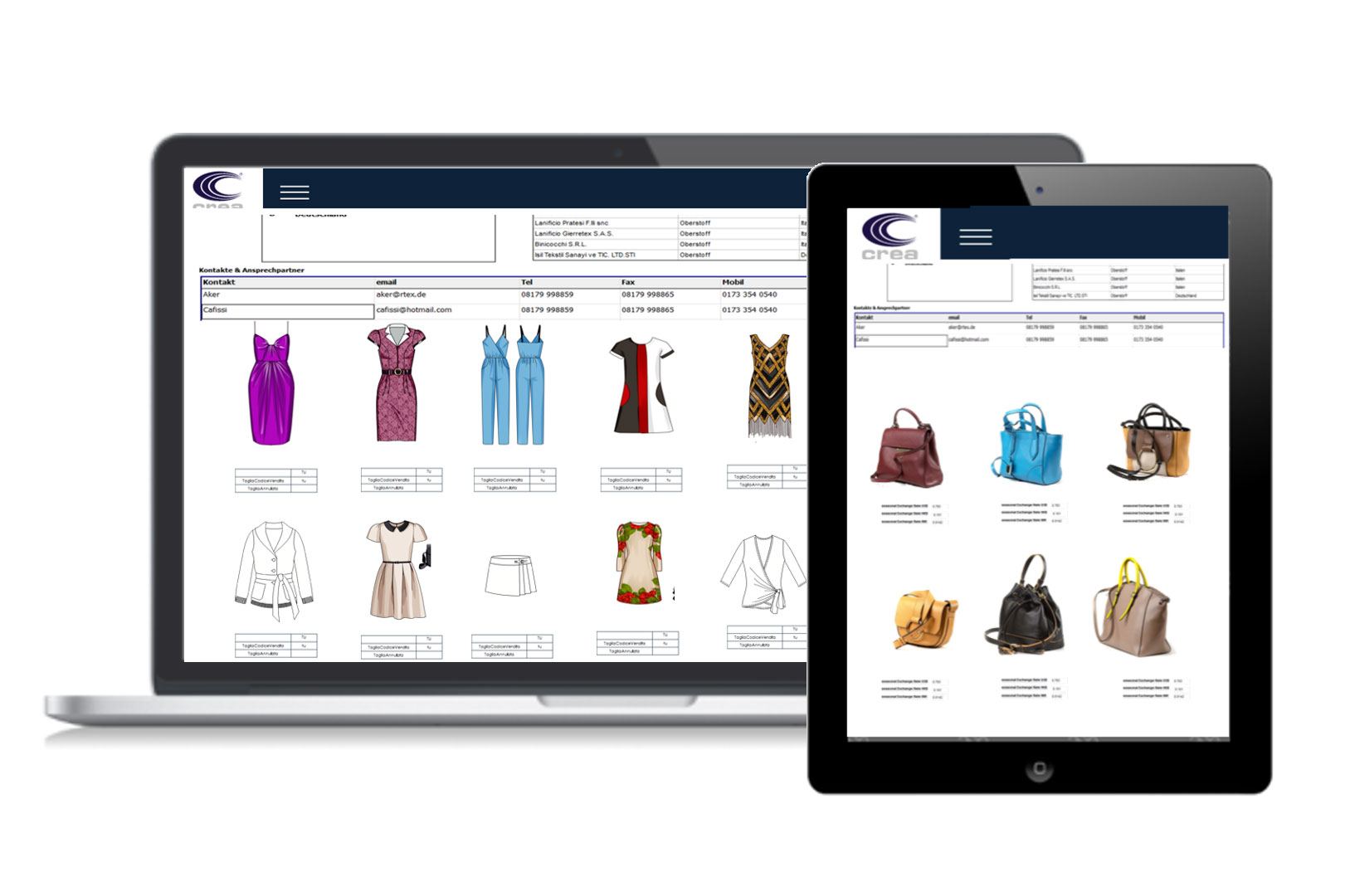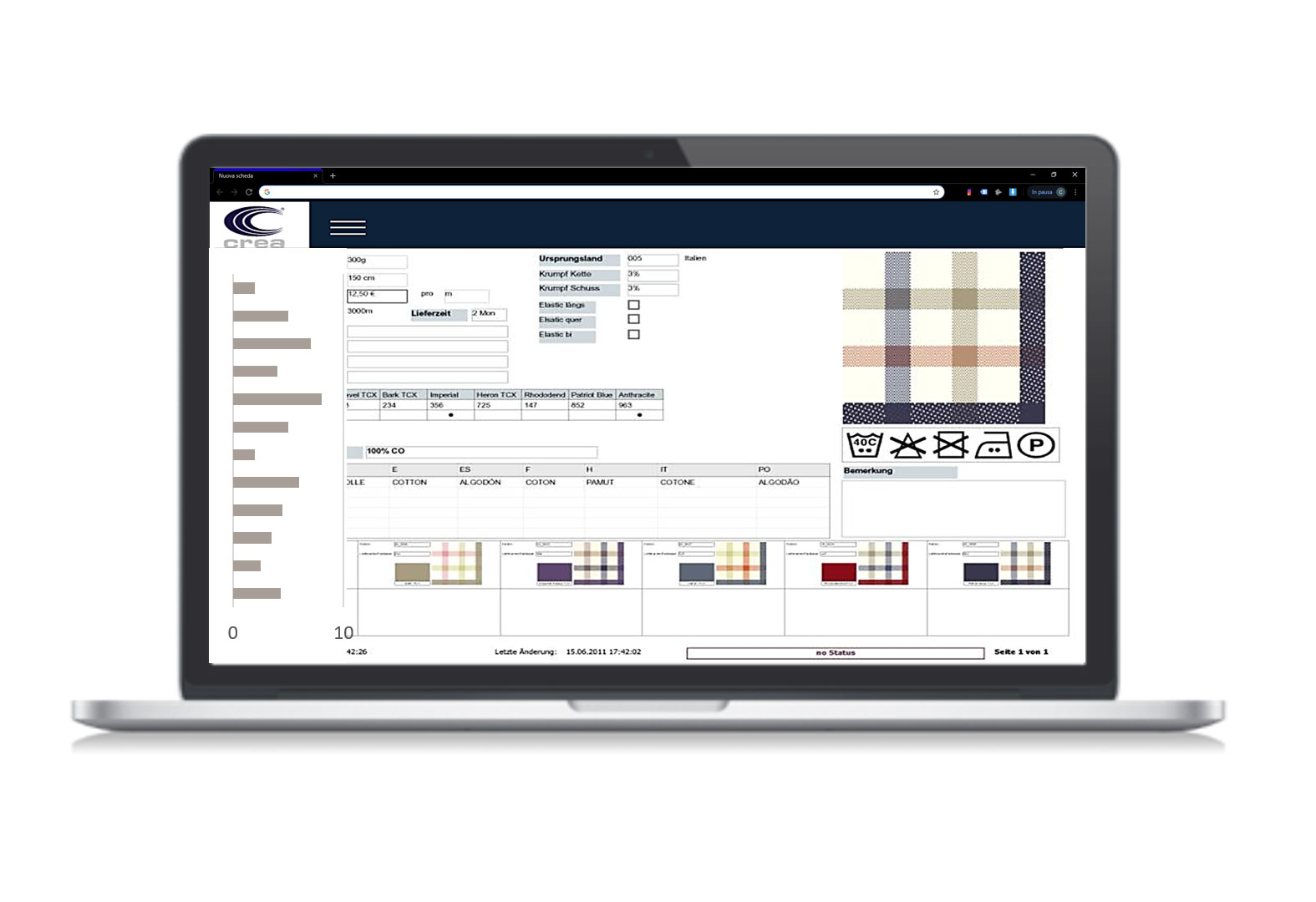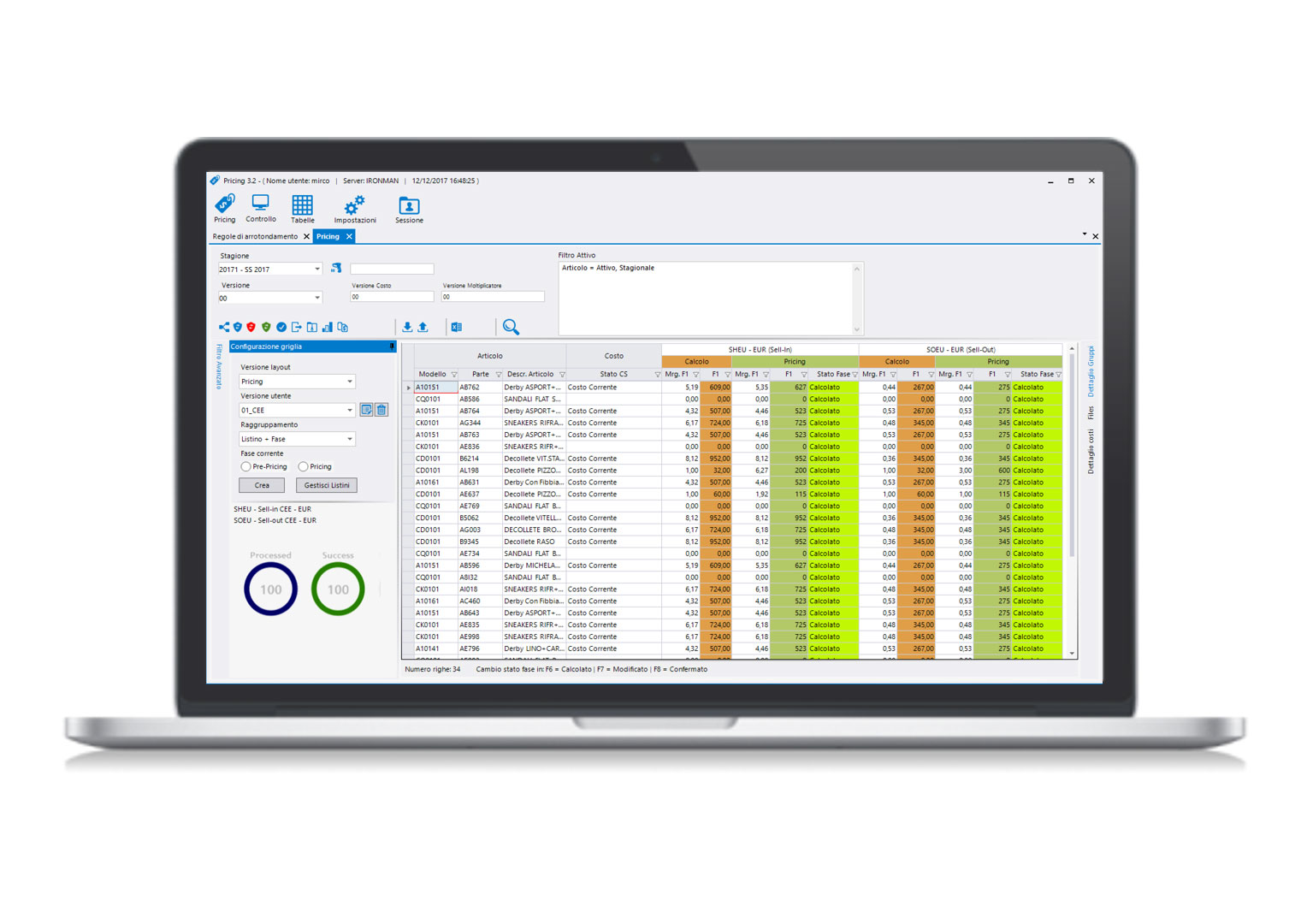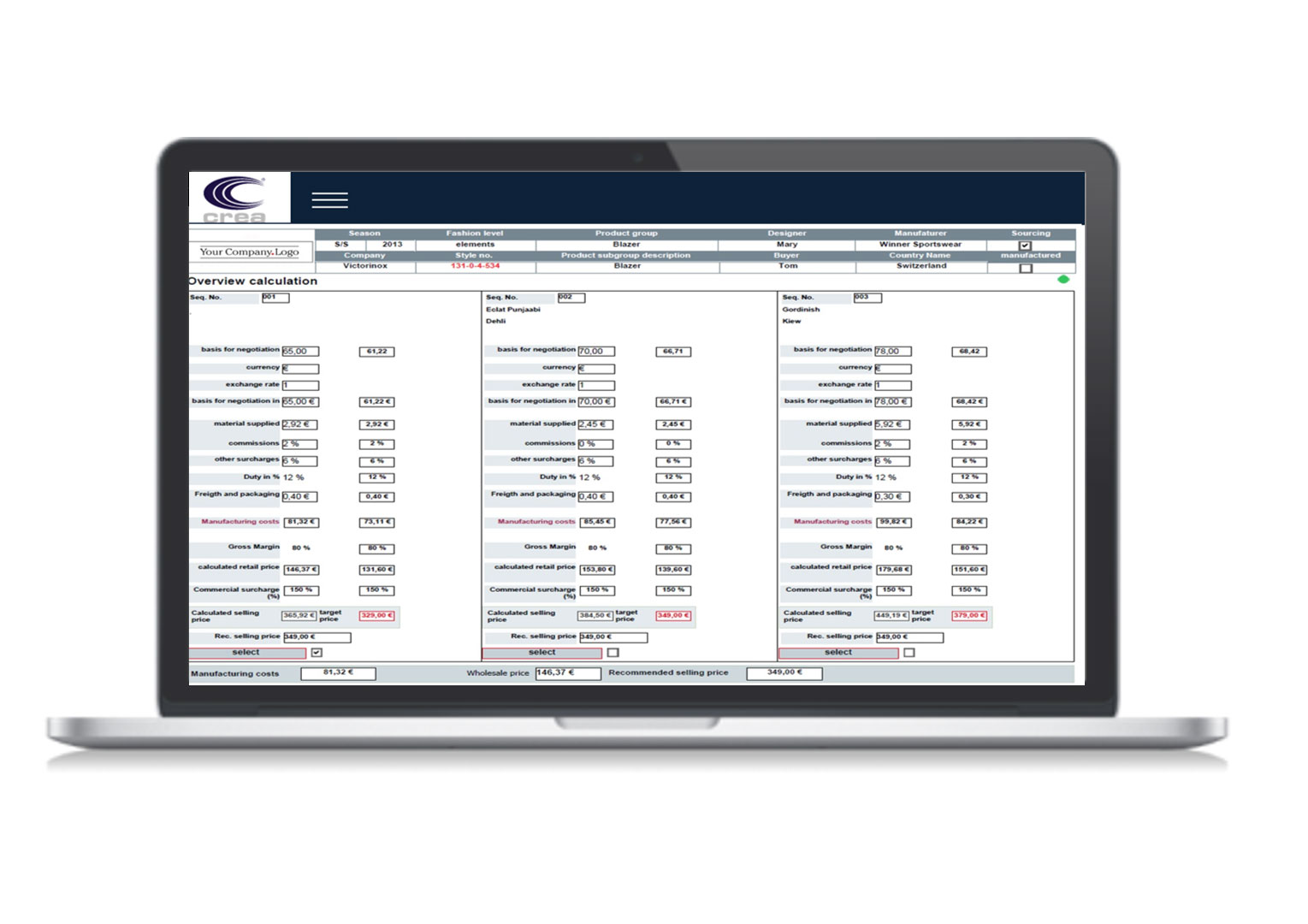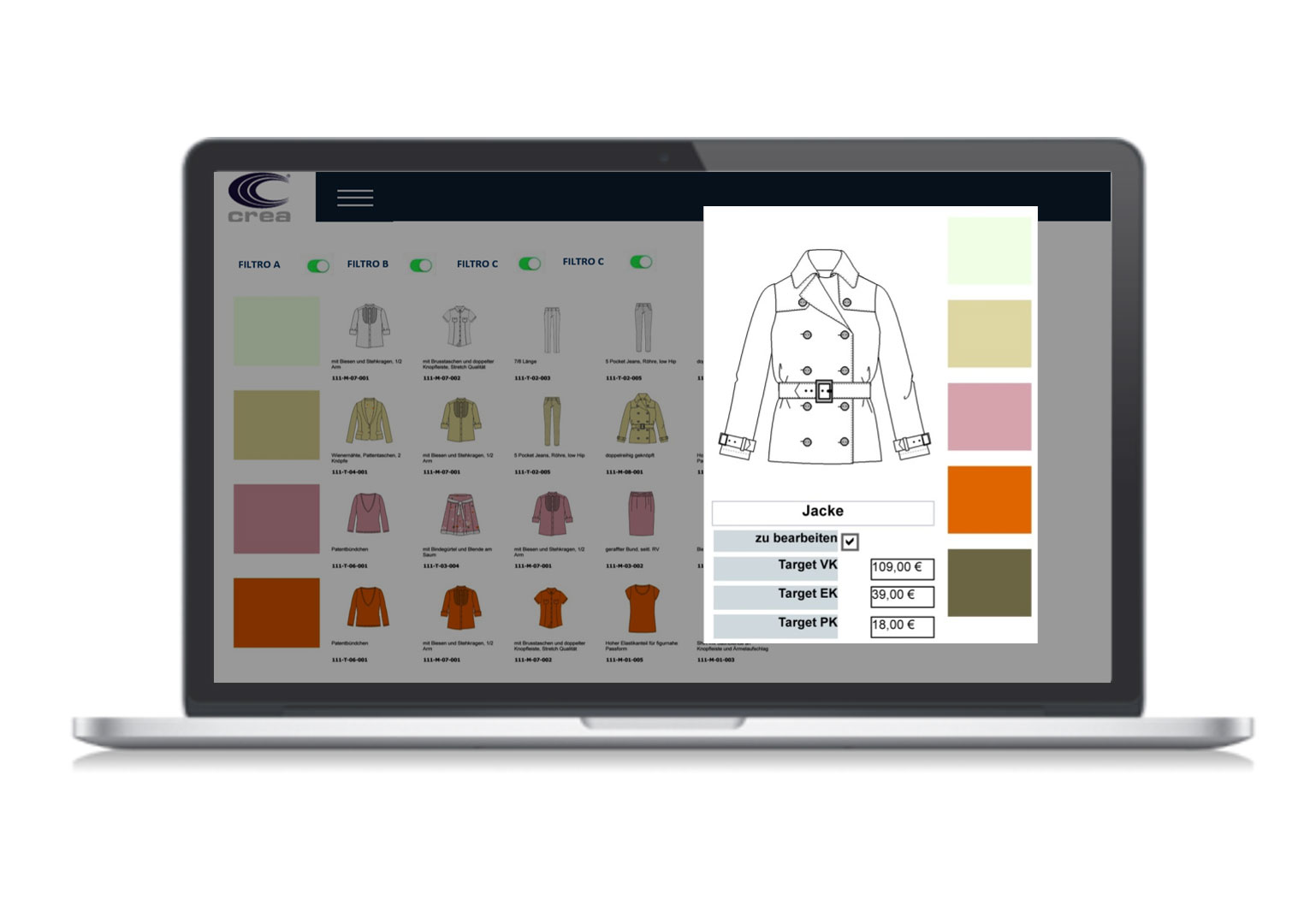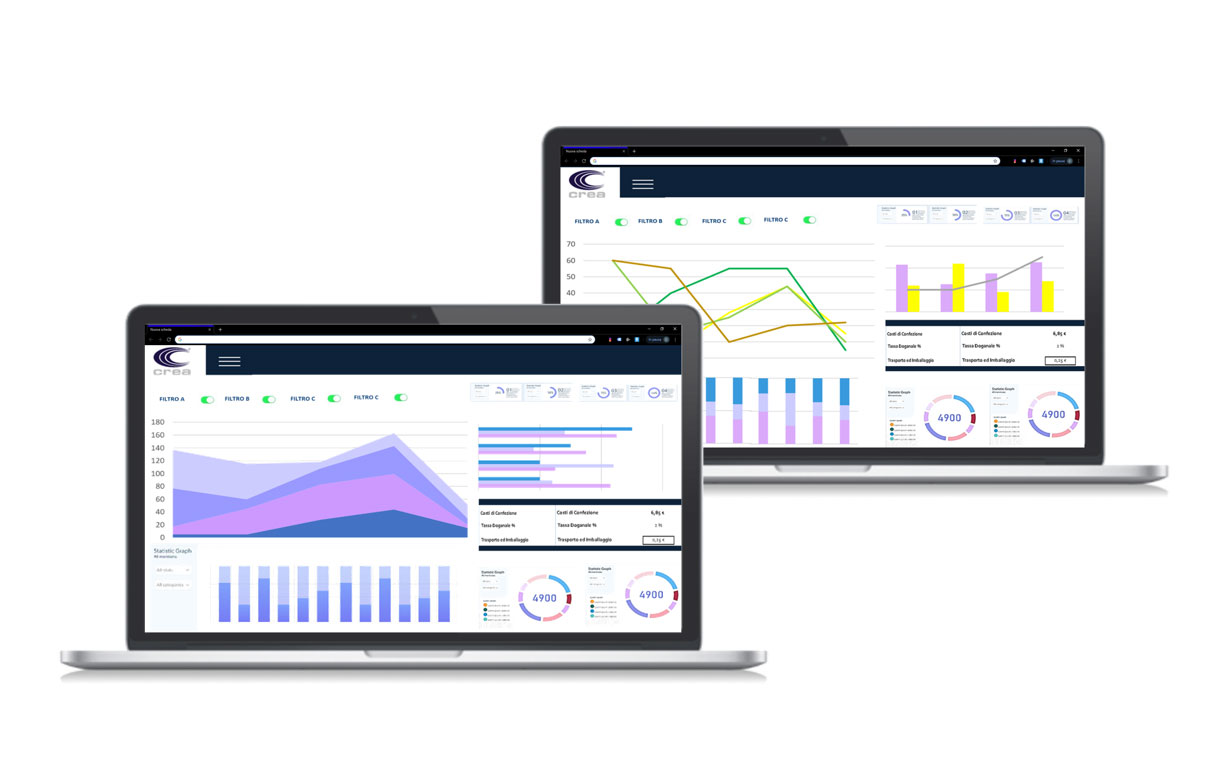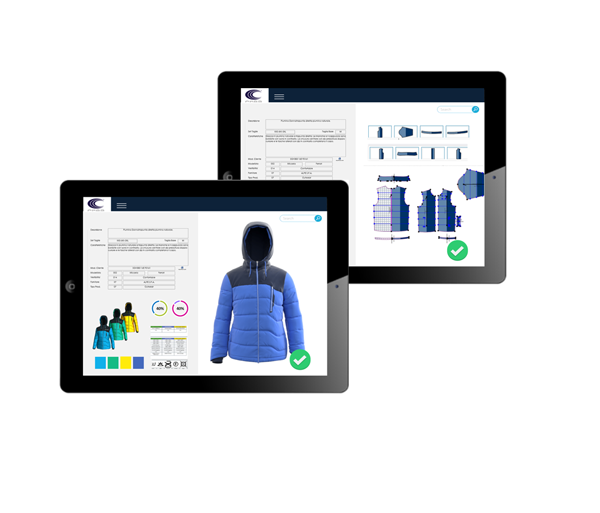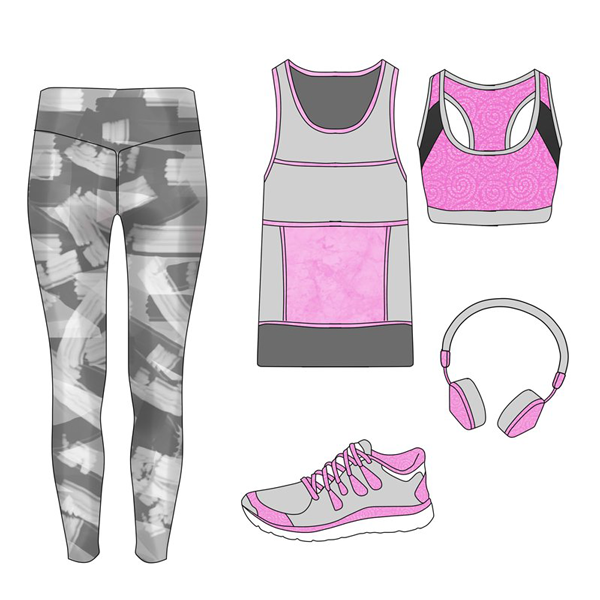Made to measure, Bespoke and Made to Order : what is the difference?
In the world of fashion, the terms “Made to Measure,” “Bespoke,” and “Made to Order” are often used, but each describes a unique approach to customizing clothing.
Understanding these differences is essential to appreciate the value of each method.
MADE TO MEASURE
Made to Measure represents a balance between traditional tailoring and technological innovation. This method starts with predefined models that are then adapted to fit the specific measurements of each client. Thanks to the use of advanced technologies, companies can offer a high degree of customization while ensuring efficient production and contained costs. This approach enhances the customer experience, increasing satisfaction and loyalty thanks to products that perfectly fit their needs and personal preferences.
BESPOKE
Bespoke, on the other hand, is considered the elite of customization in the clothing industry. Each bespoke garment is created from scratch, with a design that is completely personalized for each client. This artisanal process requires a significant commitment in terms of time and resources, making it more expensive. However, it offers a level of customization and quality that goes beyond any standard, with garments that represent the ultimate in luxury and sophistication, reflecting an attention to detail and a unique individuality for each client.
MADE TO ORDER
Made to Order, positioned between Made to Measure and Bespoke, utilizes existing models but begins production only after receiving a specific order from the client. This allows for some customization, such as the choice of color or fabric, while maintaining a certain level of production efficiency. This method reduces waste and supports a more sustainable consumption model, in line with growing environmental concerns and the demand for personalized yet responsible products.

In a global market, these differentiations are crucial. Companies that understand and implement these methods will be better positioned to satisfy a diverse clientele, with a keen eye on both the environment and customization.
The implementation of Made to Measure in the fashion industry requires a significant shift in the production process. By utilizing advanced software for design and production, companies can create garments that fit each individual customer perfectly. This not only enhances the consumer experience but also contributes to reducing material waste, a fundamental aspect in the perspective of environmental sustainability.
One of the major advantages of Made to Measure is its ability to create a deeper connection between the brand and the customer. In an era where personalized shopping experiences are increasingly sought after, offering a product that precisely reflects the customer’s desires and measurements can become a powerful tool for customer loyalty. Furthermore, word-of-mouth generated by a positive shopping experience is invaluable for brand marketing.
Sustainability is another key aspect of Made to Measure. Customized production significantly reduces fabric and resource waste, a significant advantage in an industry often criticized for its environmental impact. Additionally, the durability and superior quality of made-to-measure garments align with the growing movement towards conscious consumption and slow fashion.





